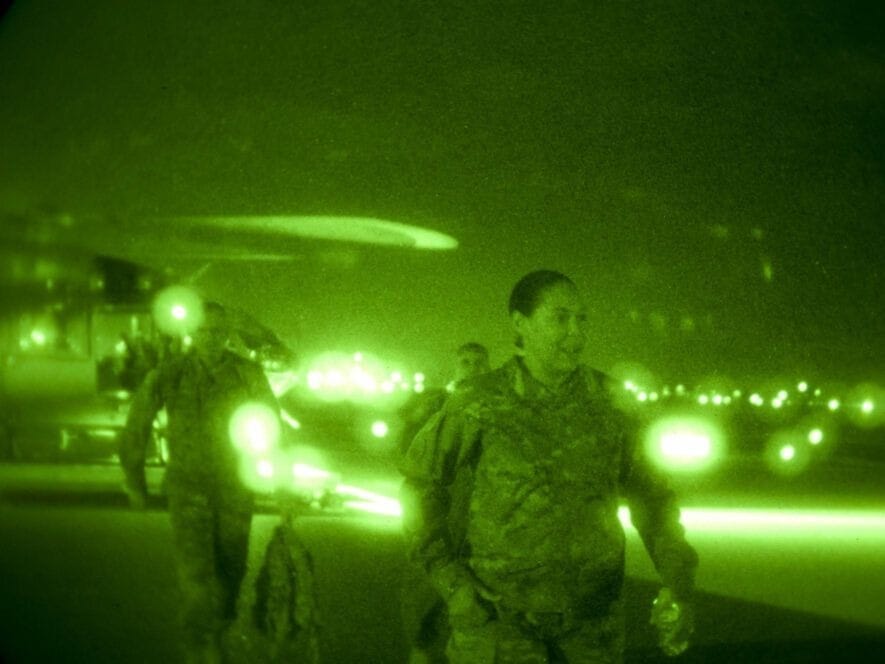GENEVA (AN) — The U.N. human rights office said the Trump administration is violating children's rights under international law by breaking up families arriving from Mexico.
But the American ambassador to the U.N. Nikki Haley sharply rebuked the Office of the United Nations High Commissioner for Human Rights, or OHCHR, for its criticism.









